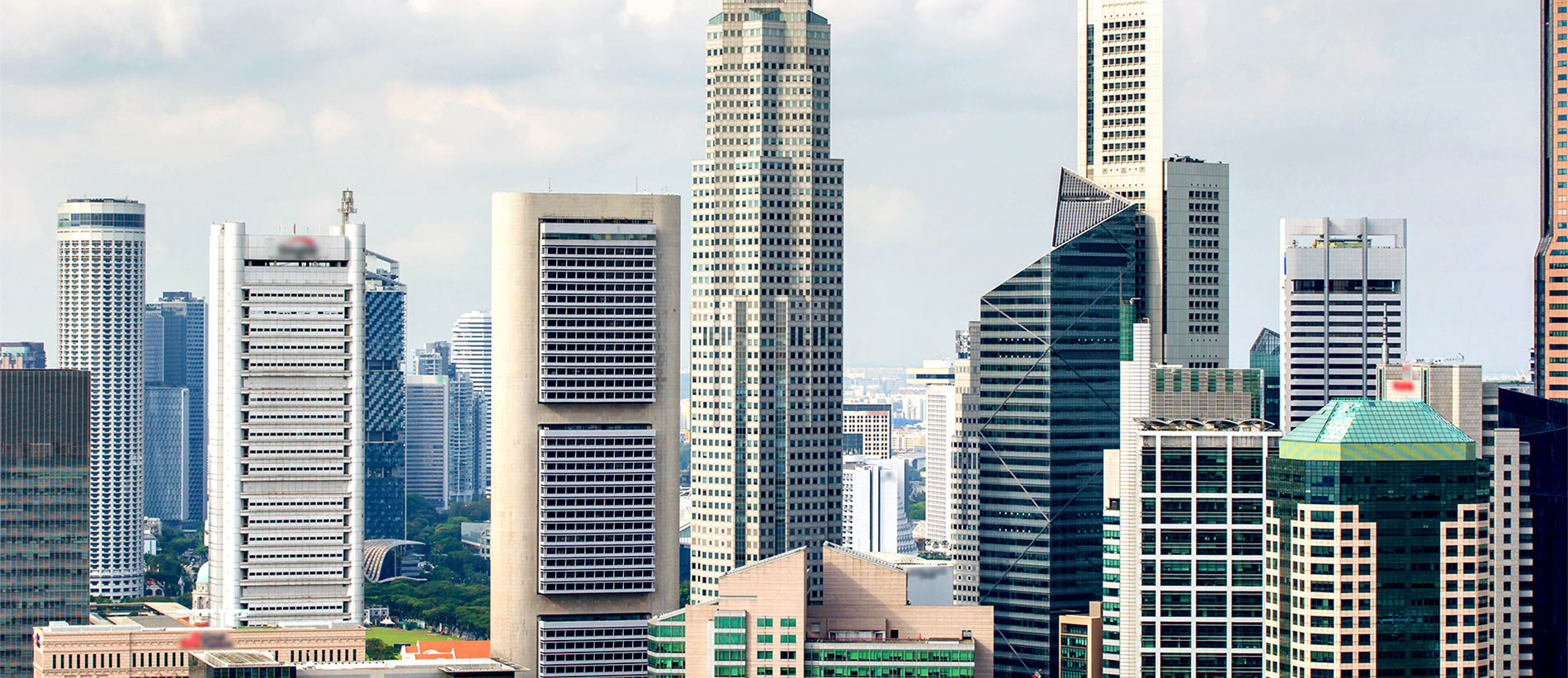Many of our real estate sector clients and their tenants will be following Government advice and have arranged for their employees to conduct business from home, rather than at their usual place of work. This is likely to become more widespread as time goes by, with a large number of premises becoming unoccupied or occupied intermittently.
Various policies will contain conditions and notification requirements. If use patterns or occupancies change, you should tell us in order to ensure continuity of cover. Policies that you should consider include:
Real Estate ('Asset' Policy)
Office and Commercial Combined policies (Covering your own operational risks)
With the current situation, we are sure there will be instances where you are unaware that the tenant is no longer trading from the property. Clearly, the current situation is unprecedented and we have asked all of our 'Asset' real estate insurers to consider easing certain policy conditions. Insurers either have responded with a flat 'no', or have said that they would expect customers to be taking reasonable care to comply with good risk management practice or warranties under their policy.
We ask that if any premises are due to be closed or significantly unoccupied, please let us know so we can inform the insurers.
Below are guidelines on protecting your property, which insurers would expect a prudent property owner to be undertaking. In addition, insurers may stipulate property specific requirements and apply conditions precedent or warranties.
Risk Management Guidelines
If you intend to leave your property unoccupied:
Secure the premises against unauthorised intrusion;
Disconnect the electricity supply at the mains unless needed to maintain an intruder or fire alarm system, fire suppression system or heating system in winter months.
Disconnect the gas and water supplies at the mains, drain down the water and fuel systems unless used to maintain essential services;
Clear all combustible waste both internally and externally;
Consider waste build-up and the controls needed if waste collection services are affected;
Secure and seal all letterboxes and openings and redirect post if necessary;
Arrange for weekly inspections of the Property; maintain a record of all visits;
Heating to be left on but other critical services powered down if not required, unless to support protection or detection systems;
Carry our risk assessments on the changing risk/lack of supervision in the work place;
Do not carry out hot work or other hazardous activities without insurers’ written consent;
Any and all hazardous processes to cease (and not run unmanned) and be shut down safely;
Do not run other processes if there is no adequate supervision; safety must not be comprised;
Bring forward as necessary the maintenance of critical plant, machinery and equipment including all protection and/or detection systems;
Notify insurers of any changes to the police response;
Assess the adequacy of security controls based on likely periods of unoccupancy and type of business, particularly in high-crime areas;
Consideration should be given to accumulation of vehicles, proximity to buildings, and their security when premises are unattended;
Ensure that perimeter security, fences and lighting are in good condition and operational
Ensure that all physical security and locking devices are working and in place;
Make sure that protection and detection systems are operational;
Check that there are no leaking fluids or spills;
Identify and remedy any unsafe conditions.
For more information, please speak to your usual Lockton contact or any of our offices (opens a new window).
